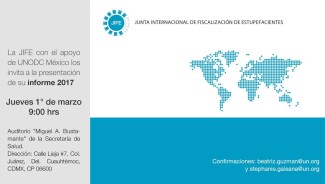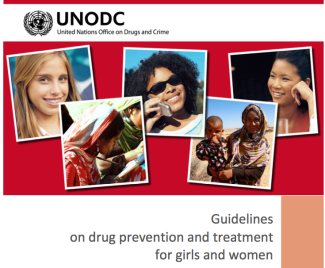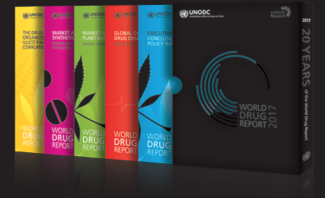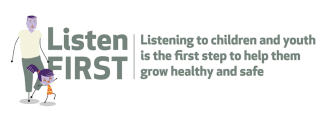Early Warning at the Global Level: The UNODC Early Warning Advisory on NPS
Presenters:
Conor Crean, Scientific Affairs Officer, Laboratory and Scientific Section, United Nations Office on Drugs and Crime (UNODC)
Martin Raithelhuber, Illicit Synthetic Drugs Expert, Laboratory and Scientific Section, United Nations Office on Drugs and Crime (UNODC)
Date: Tuesday, April 10, 2018






